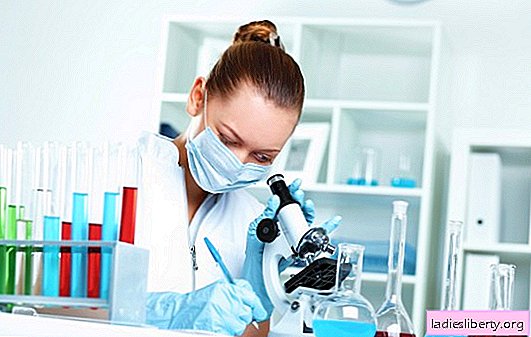
Sweeteners are often considered a healthier alternative to sugar. Various studies have shown that artificial sweeteners are very harmful to humans. In March 2019, experts reported that heating foods with a specific sweetener stimulates the formation of carcinogens.
Are sweeteners a “healthy alternative”?
High sugar intake leads to obesity, diabetes, or tooth decay. Therefore, many have resorted to artificial sweeteners as an alleged "healthier alternative."
However, sweeteners are increasingly becoming a target for nutrition experts and doctors. According to clinical studies, sweeteners are harmful to human health.
As Australian researchers have found, artificial sweeteners in foods increase the risk of developing diabetes. Also, nutritional supplements lead, according to scientific research, to severe hunger and contribute to weight gain.
When products containing sugar substitute are heated, unhealthy compounds are formed.
Do sweeteners cause cancer?
According to the Federal Institute for Risk Research (BfR), sucralose is a sweetener approved in the European Union under the number E955. BfR evaluated current data on the stability of sucralose and the formation of potentially harmful chlorinated compounds.
When heating products containing sucralose, such as canned vegetables or baked goods, compounds with carcinogenic potential can occur. When sucralose (E955) heats above 120 ° C, this leads to progressive decomposition and dechlorination of the substance.
According to BfR, temperatures in the range of 120 ° C to 150 ° C are possible in industrial production and food processing. Sometimes they are achieved at home in the preparation and baking of products containing sucralose.
Strong heating can lead to the formation of chlorinated organic compounds with harmful potential. These include polychlorinated dibenzo-p-dioxins (PCDD), dibenzofurans (PCDF) or chloropropanols. According to clinical studies, PCDD and PCDF are carcinogens.
Consumer advice
According to experts, it is unclear what toxic reaction products are formed in the details. It is also not known how much they form when food is heated to temperatures above 120 ° C.
Representative data on levels in properly cooked foods are needed to assess the impact of research. The European Food Safety Authority (EFSA) is also currently working on a reassessment of approved food additives with sucralose.
Prior to a final risk assessment, BfR recommends that consumers and food manufacturers do not heat foods containing sucralose.
Other dangerous effects of sweeteners
Escherichia coli is one of the bacteria that positively affects the intestinal flora. In a recent experiment, intestinal bacteria were used as a model to study the effects of sweeteners. Six artificial sweeteners were studied - aspartame, sucralose, saccharin, neotam, advent and acesulfame.
It turned out that all sugar substitutes have a toxic effect on bacteria. Researchers also tested 10 different sports supplements that included proven sweeteners. Supplements have also been harmful to bacteria.
In this study, a toxic effect on E. coli in vitro was detected. The results are probably also relevant for bacteria in the human gut. 1-2 drinks with an artificial sweetener per day can harm the intestinal flora.
An imbalance of the intestinal flora is associated with chronic diseases and affects the development and progression of autoimmune diseases. Environmental studies have also shown that artificial sweeteners are resistant to wastewater treatment processes. They are increasingly identified as environmental pollutants.
The distribution of sweeteners in drinking and groundwaters has already been confirmed. It is advisable to completely abandon sweeteners - for your own health and the environment.











